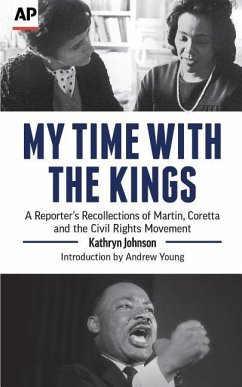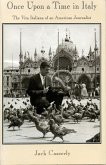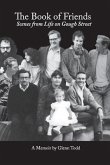"Let Kathryn in," said Coretta Scott King to authorities. Three simple words that provided Kathryn Johnson, a reporter for The Associated Press' Atlanta bureau, unprecedented access to the grieving widow in the days following her husband's death. Johnson was on her way to a movie date when word came from Memphis that Martin Luther King Jr. had been assassinated. She immediately headed for the King home where, despite resistance from authorities on the scene, she was the only reporter allowed inside. Johnson's many years covering King and his family had earned her the trust to be a discreet, observant witness to the aftermath of a defining moment in American history. Kathryn Johnson covered the Civil Rights movement across the South in the 1960s, often risking her own safety to observe first-hand the events of this great era. Her stories took her from witnessing the integration of the University of Georgia by dressing as a student, to hiding unobserved under a table near an infamous schoolhouse door in Alabama, to marching with the massive crowd from Selma to Montgomery. Johnson, one of the only female reporters on the scene, threw herself into charged situations with a determination to break the news no matter what. Featuring an Introduction by Andrew Young, former U.S. Ambassador to the UN and a leader of the Civil Rights Movement, the book also includes never-before-seen photos and artifacts from the AP archives.
Hinweis: Dieser Artikel kann nur an eine deutsche Lieferadresse ausgeliefert werden.
Hinweis: Dieser Artikel kann nur an eine deutsche Lieferadresse ausgeliefert werden.








